In a bold and controversial move that has ignited fierce debates over free speech, US President Donald Trump has warned that television networks critical of him could lose their broadcasting licenses. The remarks, made on September 18, 2025, aboard Air Force One, come amid a growing clash between the White House and mainstream media. Trump specifically targeted late-night comedy shows on networks like ABC, CBS, and NBC, accusing them of unfair bias against conservatives.
“When you have a network and you have evening shows, and all they do is hit Trump,” the president told reporters traveling with him. “I would think maybe their license should be taken away.” His words were a direct response to the indefinite suspension of ABC’s “Jimmy Kimmel Live!” following host Jimmy Kimmel’s comments about the recent death of conservative activist Charlie Kirk. The suspension, announced by Walt Disney Co. on September 17, 2025, has sparked outrage among free speech advocates and cheers from Trump’s supporters.
This incident is the latest in a series of escalating tensions between Trump and the media. Just days earlier, on September 15, Trump filed a staggering $15 billion defamation lawsuit against The New York Times, alleging the paper has waged a “witch hunt” against him through biased reporting. The lawsuit claims the Times has violated antitrust laws by coordinating with other outlets to spread “fake news.” The Times dismissed the suit as baseless intimidation, vowing to defend journalists’ First Amendment rights.
The Spark: Jimmy Kimmel and Charlie Kirk’s Death
At the heart of the current firestorm is the tragic death of Charlie Kirk, the 31-year-old founder of Turning Point USA, a prominent conservative youth organization. Kirk, a fiery speaker known for his staunch opposition to progressive policies on immigration, race, and gender issues, was fatally shot on September 14, 2025, in what authorities describe as a targeted assassination in Phoenix, Arizona. The suspect, 25-year-old Ethan Ramirez, a self-proclaimed leftist activist with ties to Antifa groups, was arrested at the scene. Ramirez allegedly shouted “for the revolution” during the attack, according to police reports.
Kirk’s death sent shockwaves through conservative circles. He was a close ally of Trump, often appearing at rallies and defending the president’s agenda on social media. Turning Point USA, under Kirk’s leadership, mobilized thousands of young voters for Trump’s 2024 reelection campaign, crediting him with flipping key swing states like Pennsylvania and Georgia.
The backlash intensified when Jimmy Kimmel addressed the killing on his September 15 episode of “Jimmy Kimmel Live!” During a monologue, Kimmel quipped, “We hit some new lows over the weekend with the MAGA gang trying to characterize this kid who killed Charlie Kirk as anything other than one of them. Kirk spent years demonizing anyone who didn’t fit his narrow view of America—now karma’s got a gun.” The remarks, laced with sarcasm, accused Republicans of hypocrisy in mourning Kirk while ignoring his own inflammatory rhetoric.
Conservative outlets erupted. Fox News host Sean Hannity called Kimmel’s words “incitement to violence,” while Trump’s Vice President JD Vance tweeted, “Jimmy Kimmel just proved why late-night TV is poison. Time to clean house.” Pressure mounted quickly. Nexstar Media Group, which owns over 200 ABC affiliates, announced it would pull “Jimmy Kimmel Live!” from its stations, citing the comments as “offensive and insensitive to victims of violence.” Disney followed suit hours later, suspending the show indefinitely pending an internal review.
Kimmel, 57, defended his remarks on social media, stating, “Comedy punches up, not down. Charlie Kirk built his career on hate—I’m not mourning a martyr, I’m calling out the hypocrisy.” But the damage was done. Ratings for the show, already slipping amid cord-cutting trends, plummeted further, with affiliates reporting a 20% drop in viewership the following night.
Trump’s Defense and Broader Media Assault
Trump wasted no time weighing in. During a joint press conference with British Prime Minister Keir Starmer in Buckinghamshire, England, on September 18, the president praised ABC’s decision. “Jimmy Kimmel was fired because he had bad ratings more than anything else, and he said a horrible thing about a great gentleman known as Charlie Kirk,” Trump said. “So, you know, you can call that free speech or not. He was fired for lack of talent.”
The “great gentleman” label for Kirk drew eye-rolls from critics, given Kirk’s history of controversial statements. In 2023, he tweeted that “affirmative action is reverse racism,” and in 2024, he accused universities of being “Marxist indoctrination camps.” Yet to Trump’s base, Kirk was a hero fighting “woke” culture.
Trump’s license threat marks a dangerous escalation. The Federal Communications Commission (FCC), which regulates broadcast airwaves, issues licenses to local TV stations—not networks themselves. But Trump suggested the agency could pressure affiliates into compliance. FCC Chairman Brendan Carr, a Trump appointee and former advisor to the president, amplified the message in a Fox News interview on September 18. “We’re going to continue to hold these broadcasters accountable to the public interest,” Carr said. “And if broadcasters don’t like that simple solution, they can turn their license in to the FCC.”
Carr’s comments have alarmed media watchdogs. The FCC’s “public interest” standard, dating back to the 1930s Radio Act, requires stations to serve community needs, but it’s rarely used to police political speech. Critics argue this could chill satire and opinion programming, core to American TV since the days of Johnny Carson.
This isn’t Trump’s first rodeo with the media. Since his first term, he’s labeled outlets “enemies of the people” and filed multiple lawsuits. In 2024, ABC settled a $15 million defamation case with Trump over comments by host George Stephanopoulos during a debate. CBS faced a $10 billion suit earlier this year over edited clips of a 60 Minutes interview. And now, the Times lawsuit alleges a vast conspiracy involving “deep state” leaks.
Republican Support and Democratic Backlash
Congressional Republicans have mostly rallied behind Trump. House Speaker Mike Johnson called Kimmel’s remarks “despicable” and urged the FCC to investigate. “Networks can’t hide behind ‘comedy’ to spread hate,” Johnson said in a statement. Senate Majority Leader John Thune echoed this, saying affiliates have a right—and duty—to reject divisive content.
But cracks are showing. Kentucky Senator Rand Paul, a libertarian-leaning Republican, cautioned against government overreach. “The First Amendment doesn’t prohibit companies from firing people for saying despicable things, but the FCC should not be involved,” Paul told reporters. “That’s a slippery slope to censorship.”
Democrats, meanwhile, are sounding alarms. Senate Minority Leader Chuck Schumer led a group of 15 senators in a letter to Carr on September 18, warning that the FCC is being “weaponized” against the press. “The FCC’s role in overseeing the public airwaves does not give it the power to act as a roving press censor,” the letter stated. House Democrats have introduced a bill to limit FCC authority over broadcast content, though it’s unlikely to pass in the GOP-controlled Congress.
Free Speech Implications
Trump’s threats raise profound questions about the health of American democracy. The First Amendment protects speech from government interference, but broadcast media operates under unique rules due to spectrum scarcity. Legal experts like Floyd Abrams, a veteran First Amendment lawyer, warn of a “chilling effect.” “If stations fear losing licenses over political humor, we’ll see self-censorship across the board,” Abrams said in an NPR interview. “This isn’t just about Kimmel—it’s about every comedian, every journalist.”
The Kirk case highlights broader societal divides. Since Trump’s 2024 victory, incidents of political violence have surged. The Pennsylvania shooting in August 2025, which killed two rally attendees, was linked to anti-Trump extremists. Antifa clashes in Portland last month left dozens injured. Trump’s administration has vowed crackdowns, including probes into “leftist organizations” funding such groups.
Supporters argue the media’s bias justifies action. A 2025 Pew Research poll found 68% of Republicans believe mainstream news favors Democrats, compared to 12% of Democrats. Trump’s team points to this as evidence of a rigged system.
International Echoes
The drama spilled over to the UK press conference, where Starmer faced Trump’s barbs indirectly. The British PM, whose Labour government has cracked down on online hate speech via the 2023 Online Safety Act, defended free expression. “This country’s had free speech for a very, very long time,” Starmer said. “It is part of who we are as a country, and it is the values that we fought for. We fought for it during the Second World War, alongside each other.”
Starmer’s words were timely: Just days prior, UK police arrested four men for projecting an image of Trump with Jeffrey Epstein onto Windsor Castle during the president’s visit—a protest against alleged Epstein ties. Elon Musk, owner of X (formerly Twitter), blasted the arrests as “tyranny,” reigniting transatlantic debates on speech limits.
Reform UK’s Nigel Farage, testifying before the US House Judiciary Committee on September 16, criticized the UK’s law for targeting right-wing views. “What starts as safety ends as suppression,” Farage said.
The Future of Late-Night TV
Kimmel’s suspension leaves a void in late-night TV, already struggling. Competitors like Stephen Colbert on CBS and Seth Meyers on NBC have tiptoed around the Kirk story, opting for lighter fare. Colbert joked mildly about “awkward family dinners” post-election, but avoided direct punches. Industry insiders whisper of a “Trump chill,” with writers self-editing scripts.
ABC affiliates, fearing FCC scrutiny, are diversifying programming. Nexstar plans to air reruns of “The Golden Girls” in Kimmel’s slot, a safe bet for boomer audiences. Disney stock dipped 2% on September 18, wiping out $3 billion in market value.
For Trump, this is red meat for his base. Polls show his approval among Republicans at 92%, buoyed by perceived media victories. But nationally, it’s divisive: A CNN snap poll post-threat showed 55% of Americans view it as an attack on free speech.
As investigations into Kirk’s death continue—Ramirez faces federal hate crime charges—the nation grapples with grief, anger, and fear. Trump’s media war, once rhetorical, now feels tangible. Will licenses be revoked? Will more hosts fall silent? In an era of deepening polarization, the answer could redefine America’s public square.
Discover more from AMERICA NEWS WORLD
Subscribe to get the latest posts sent to your email.

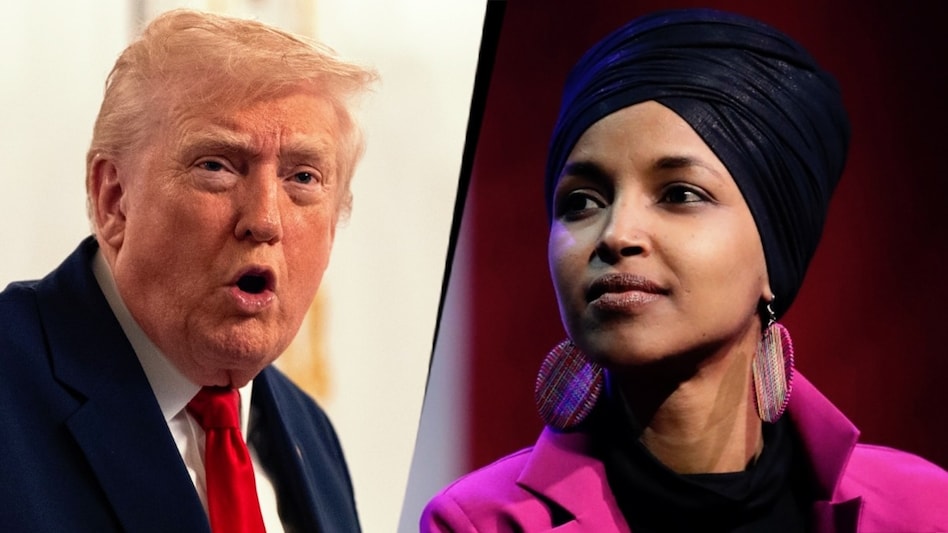

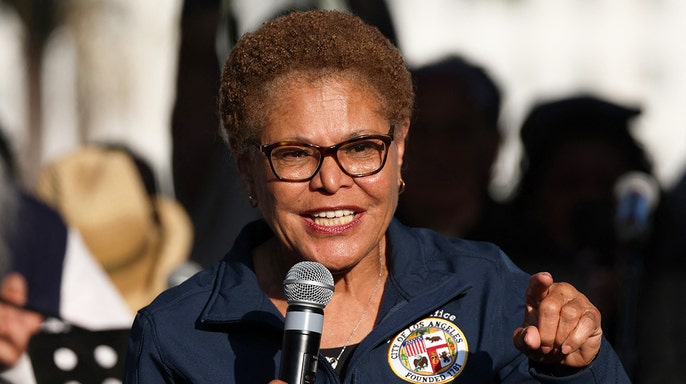
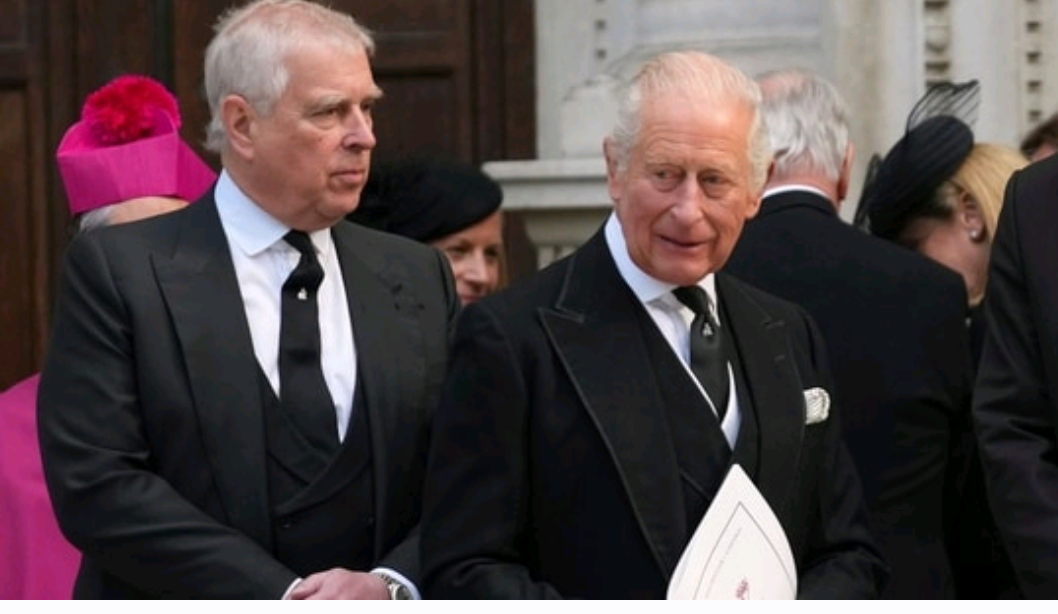





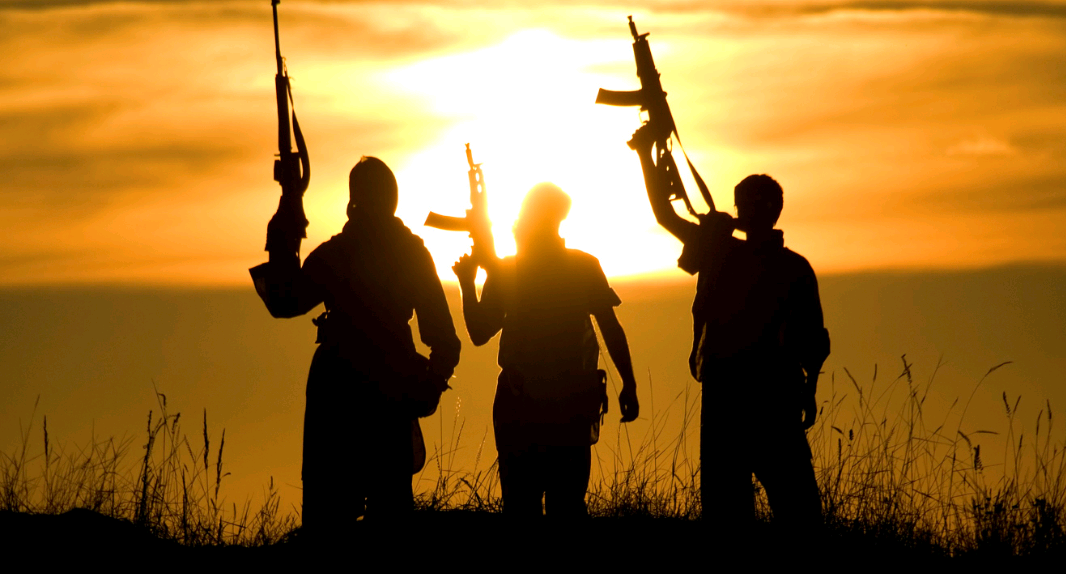
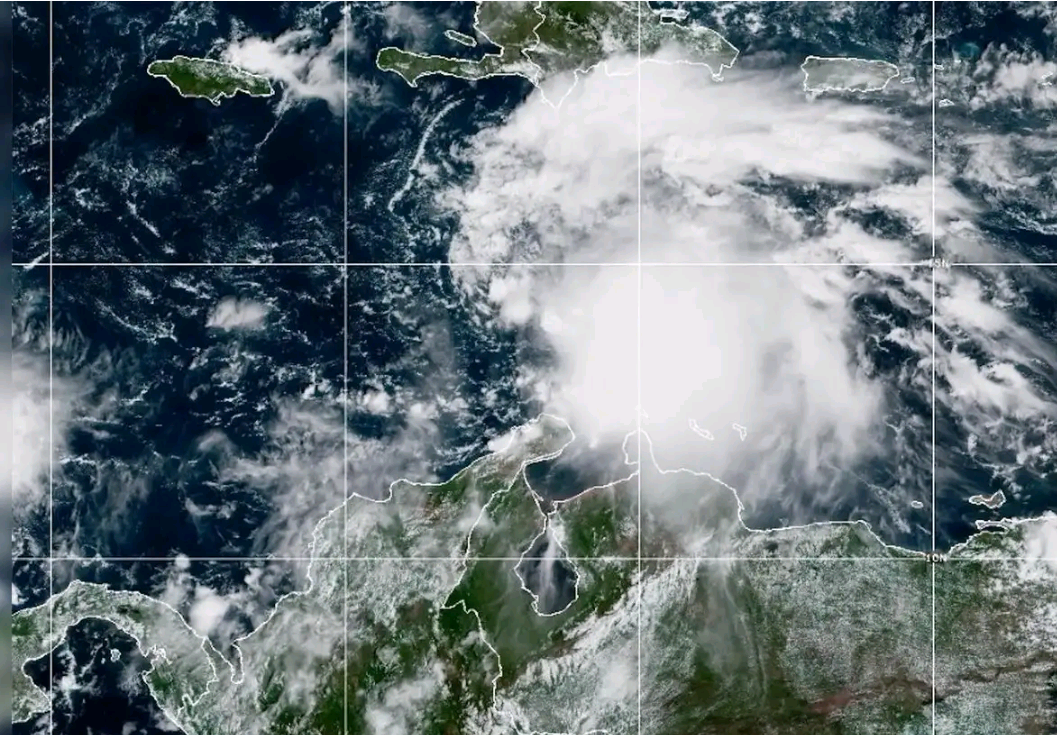


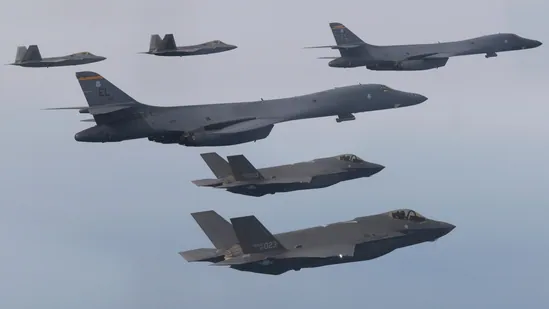
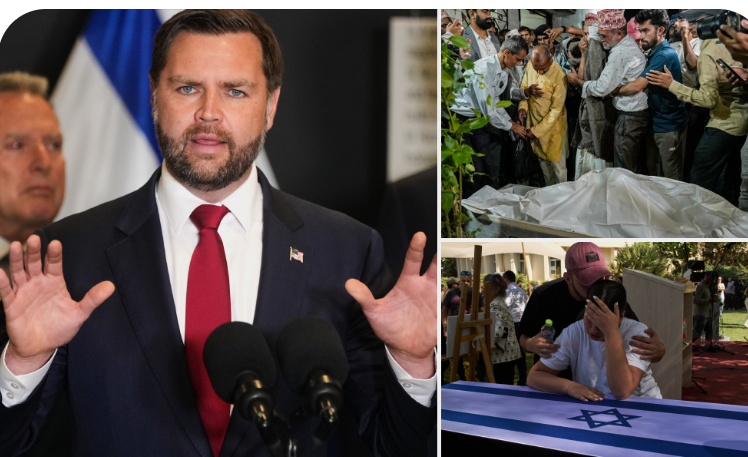
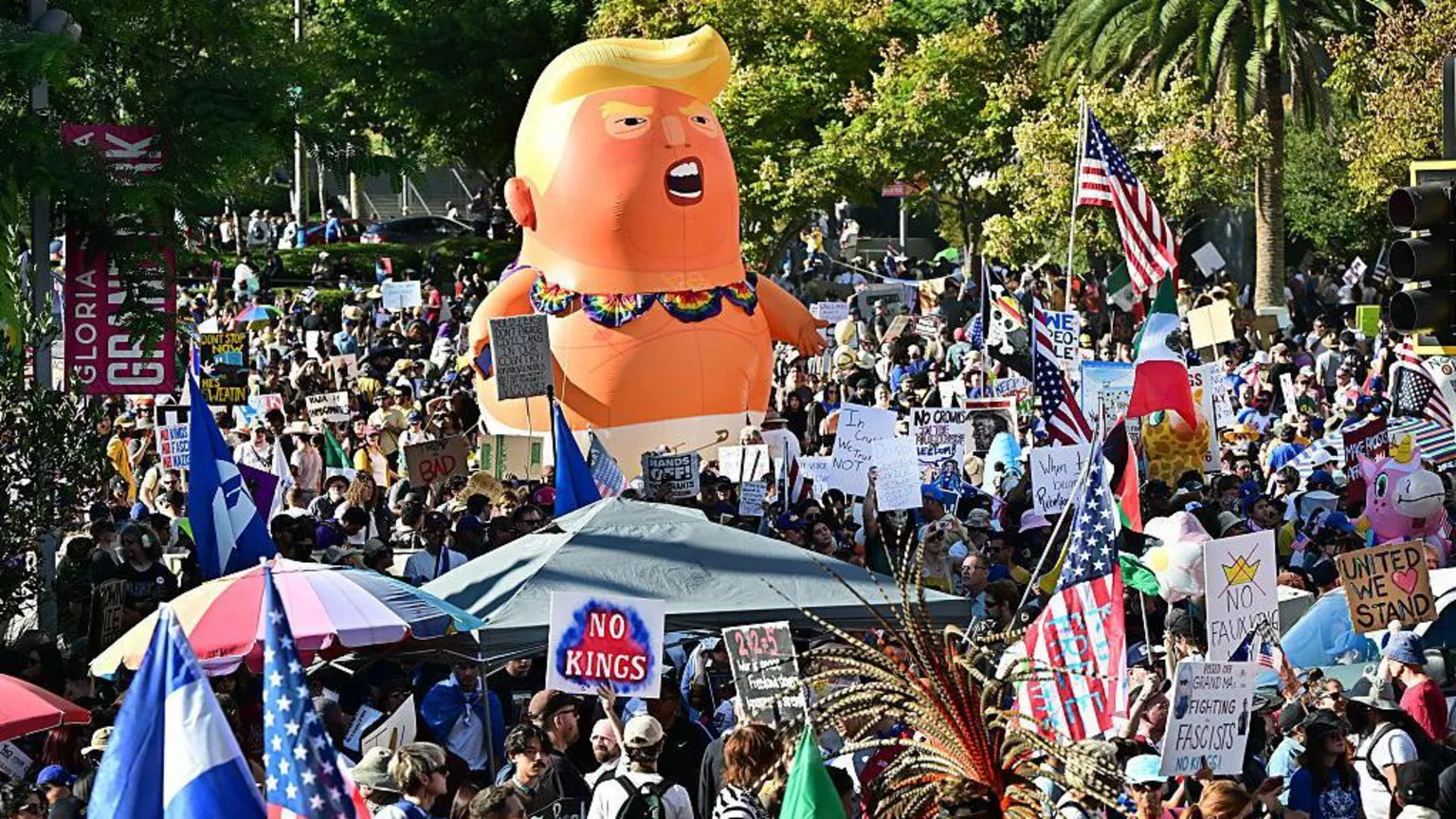

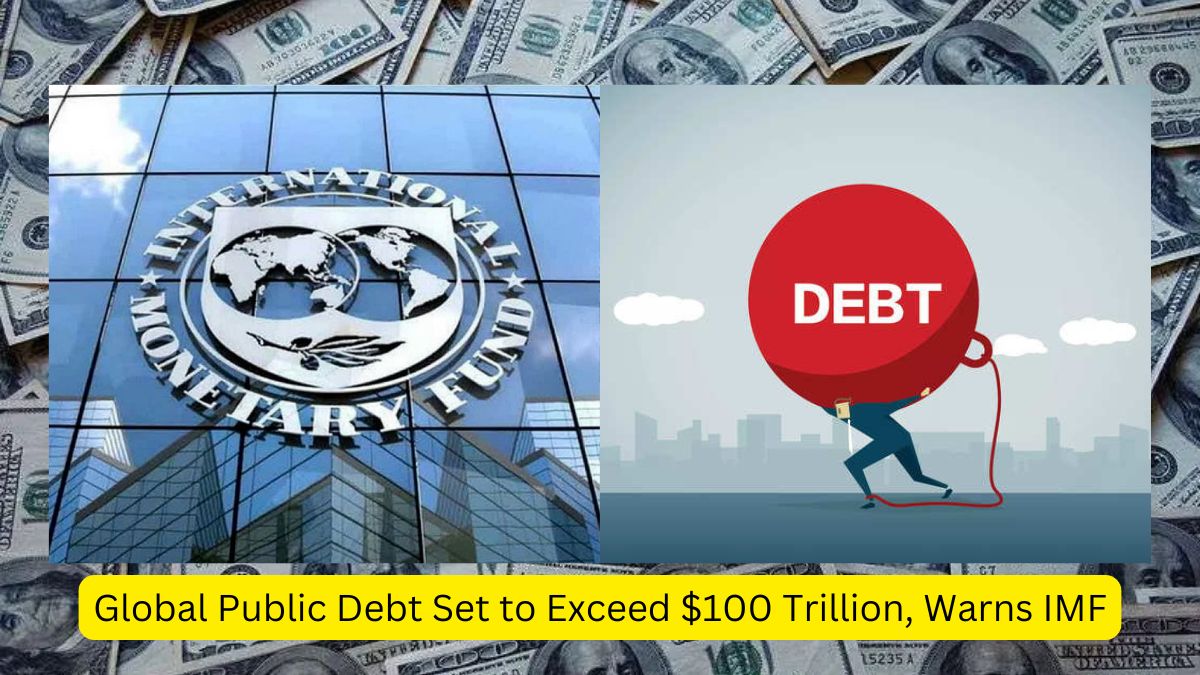
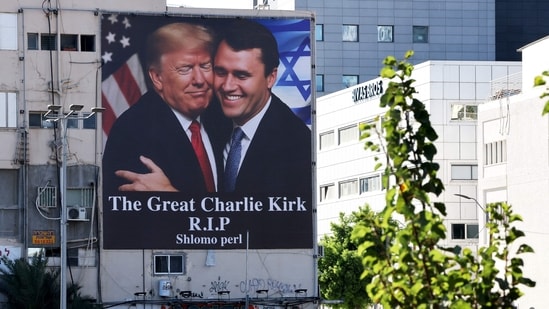

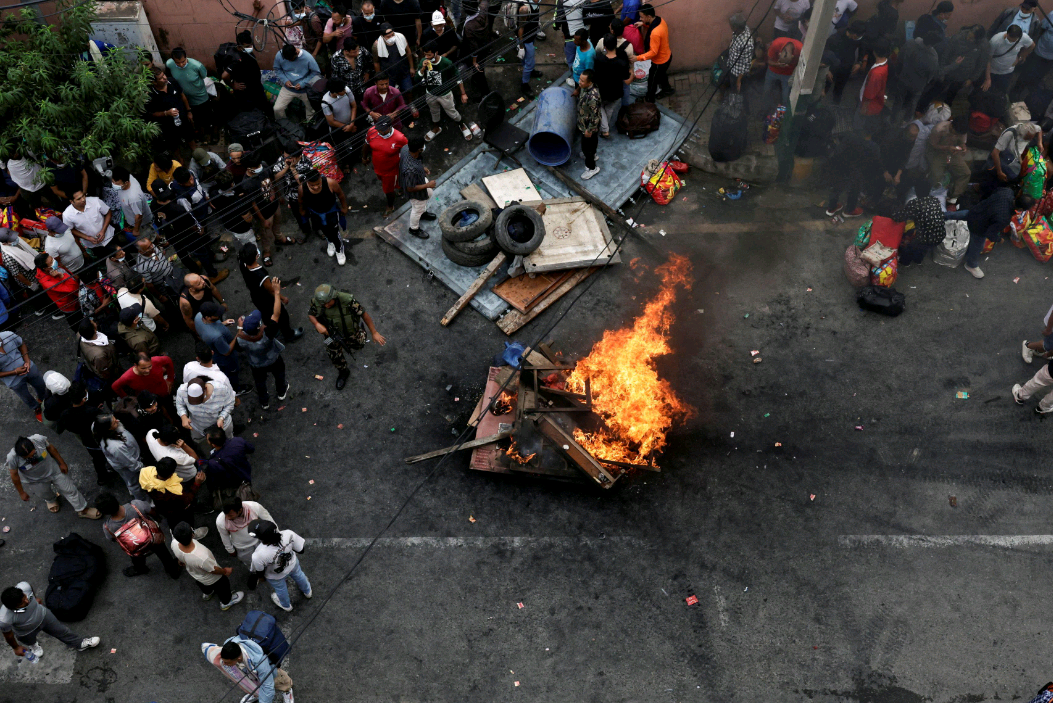
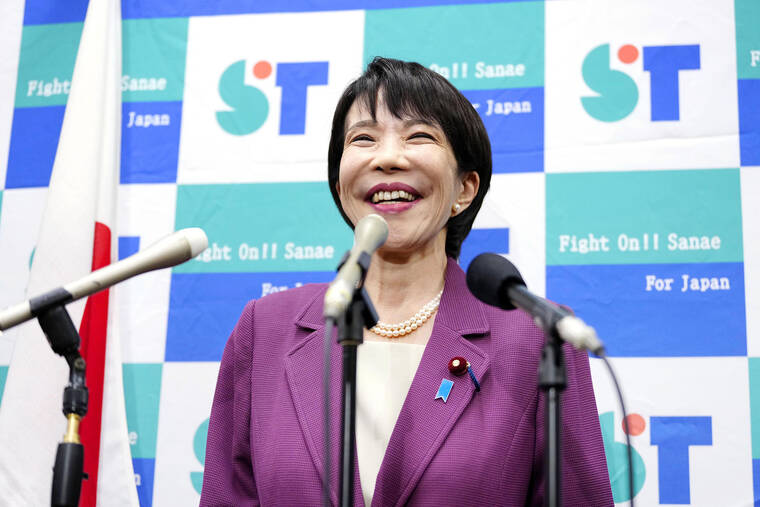
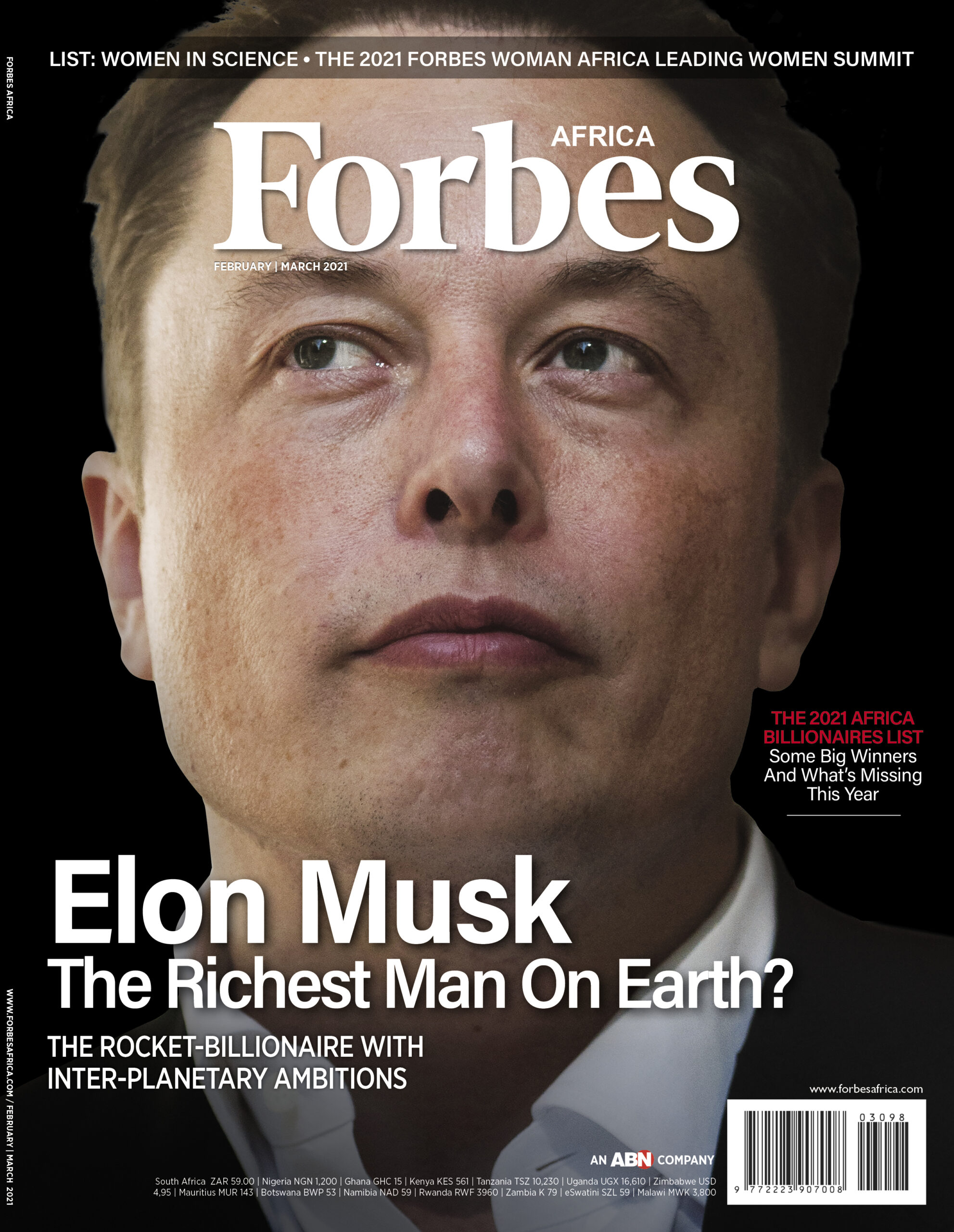
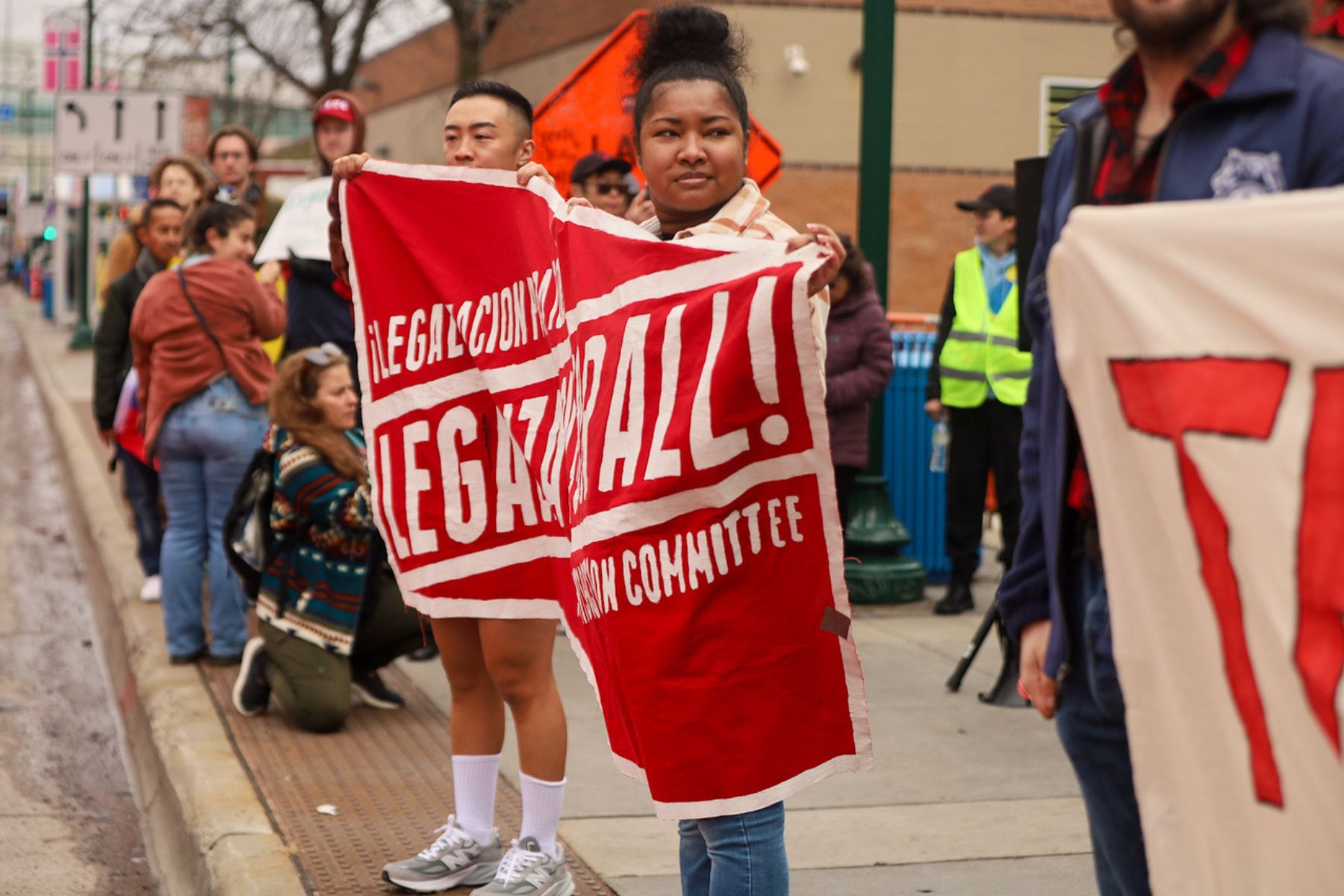
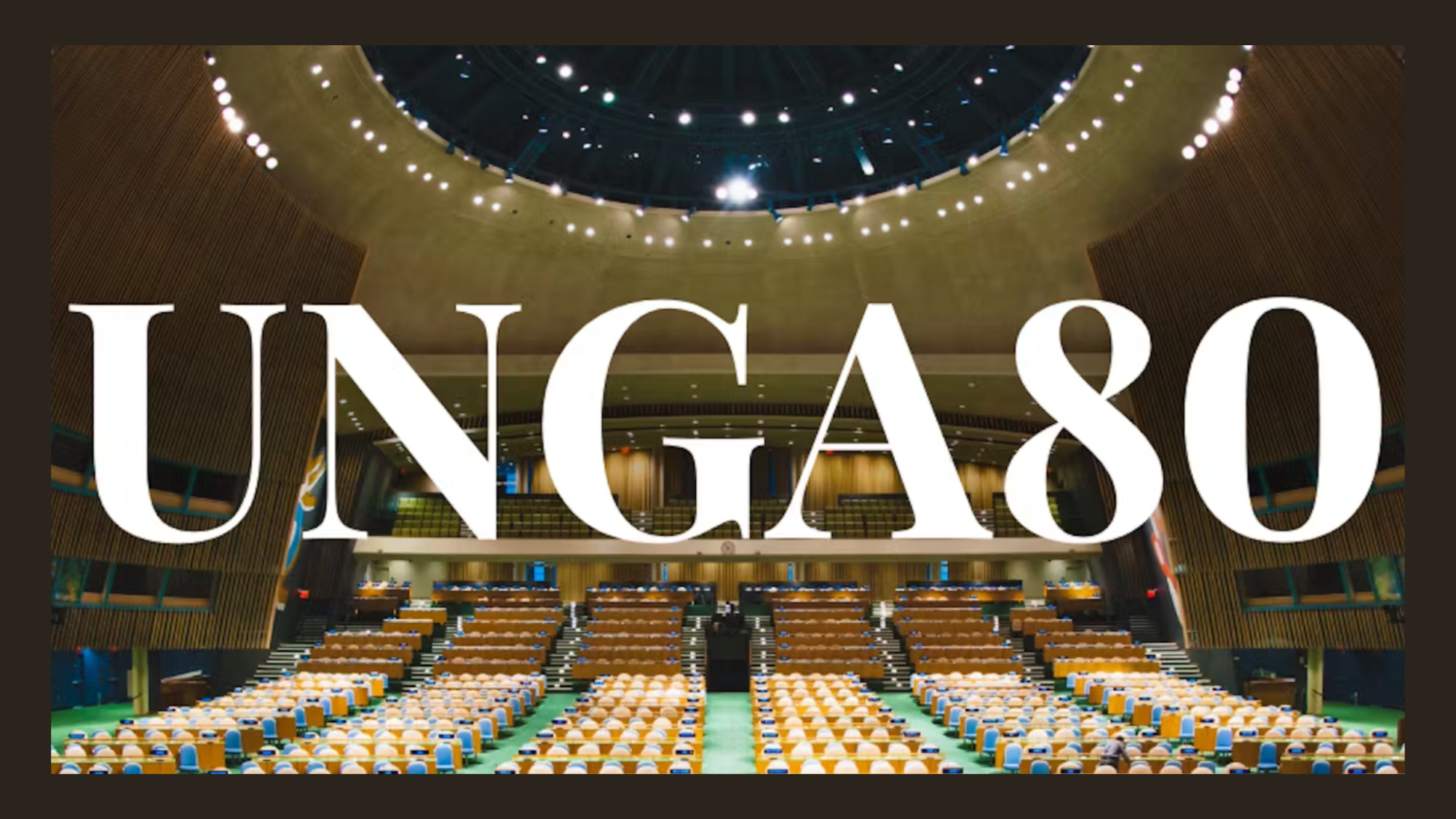



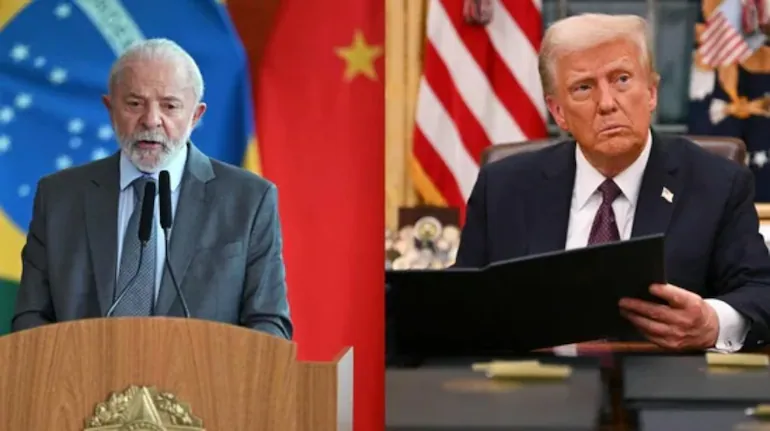
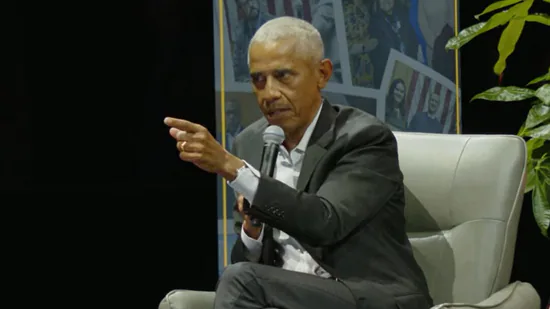

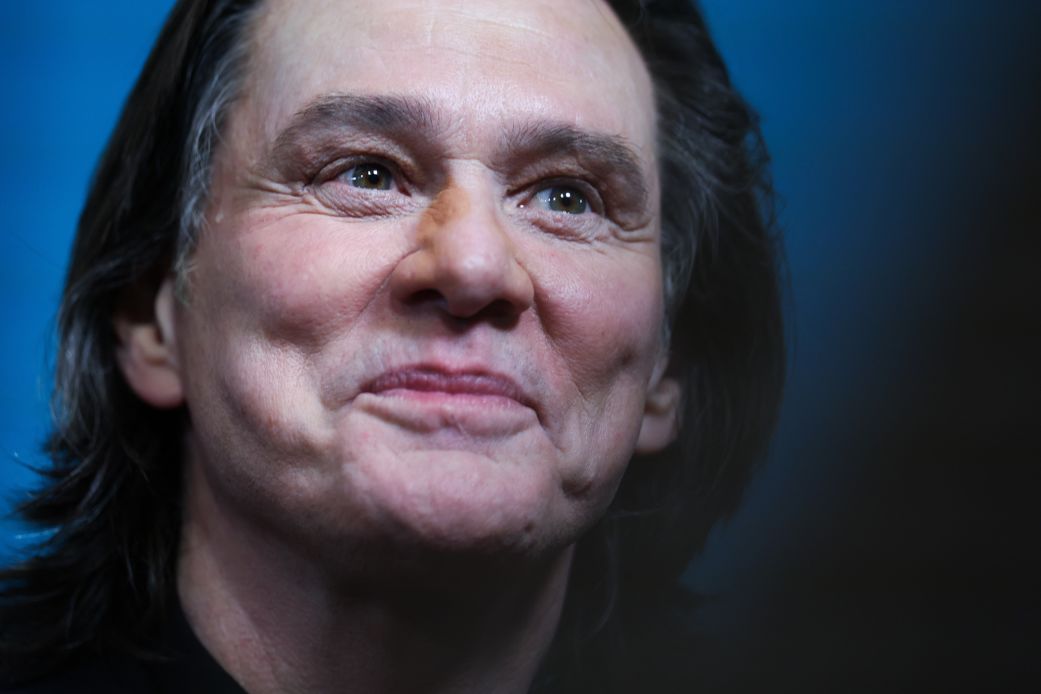
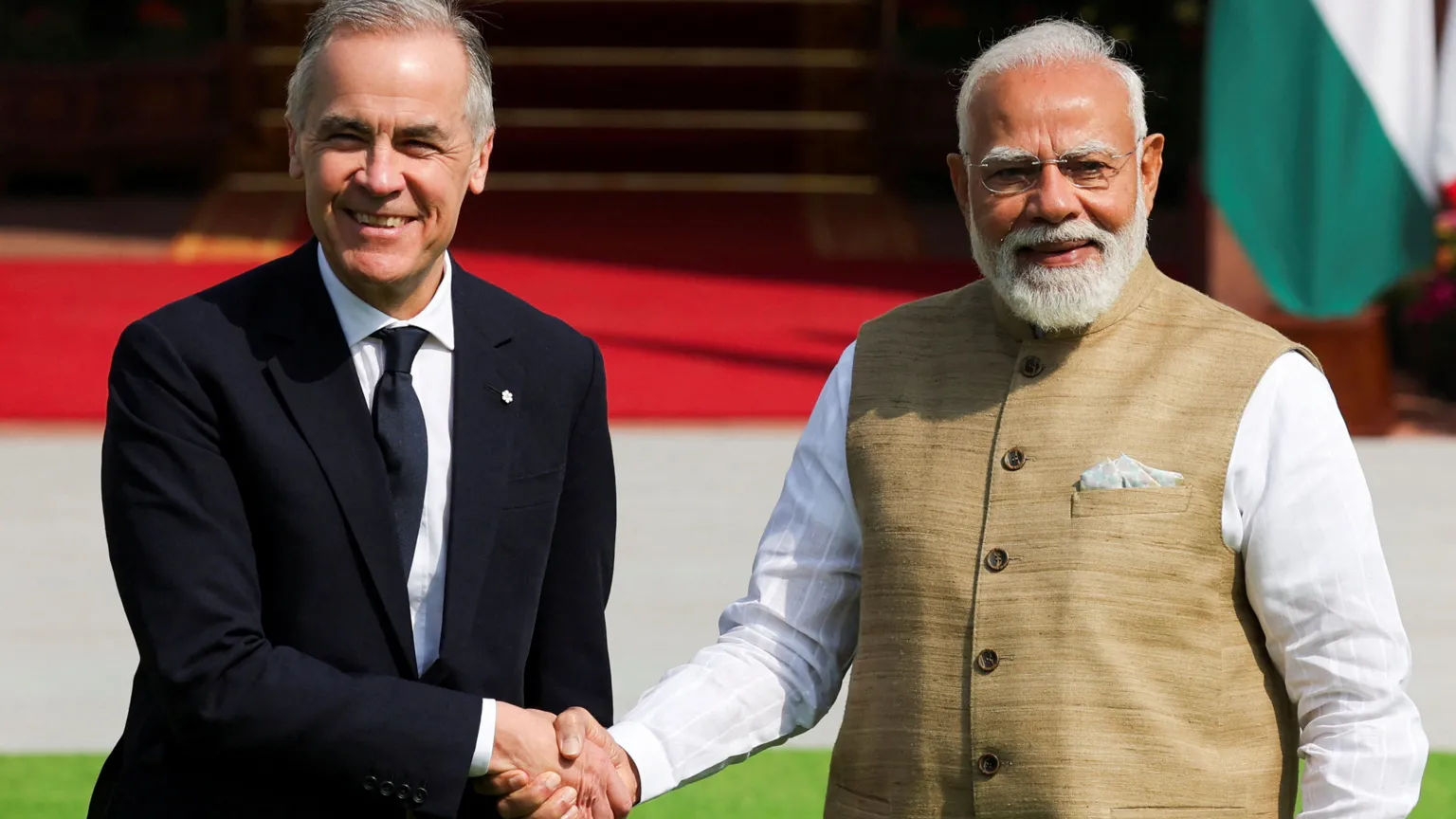
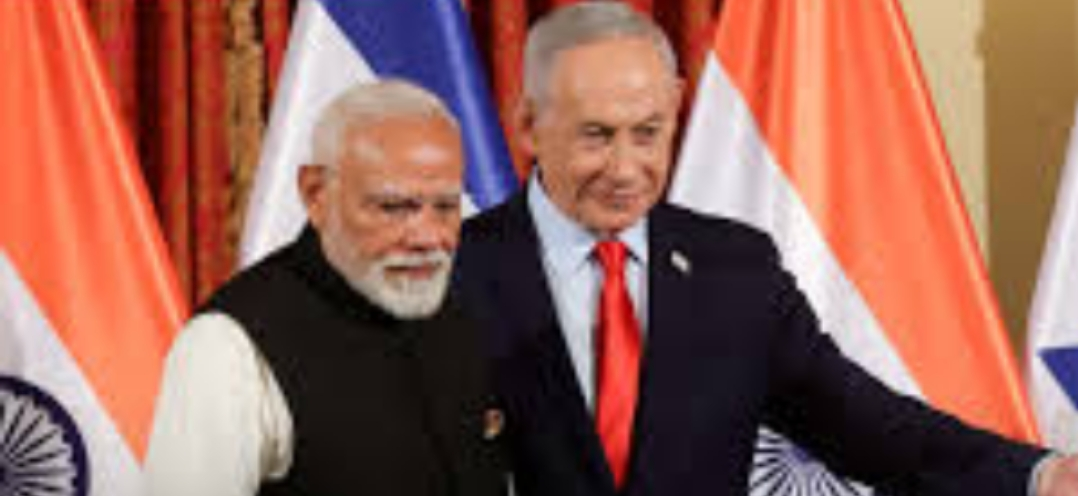
France’s Political Meltdown: From Grandeur to Gridlock – Is the Hexagon Headed for Economic Collapse? - ANW
[…] Trump Escalates Media Crackdown: Threatens TV Licenses for Criticism of His Administration […]